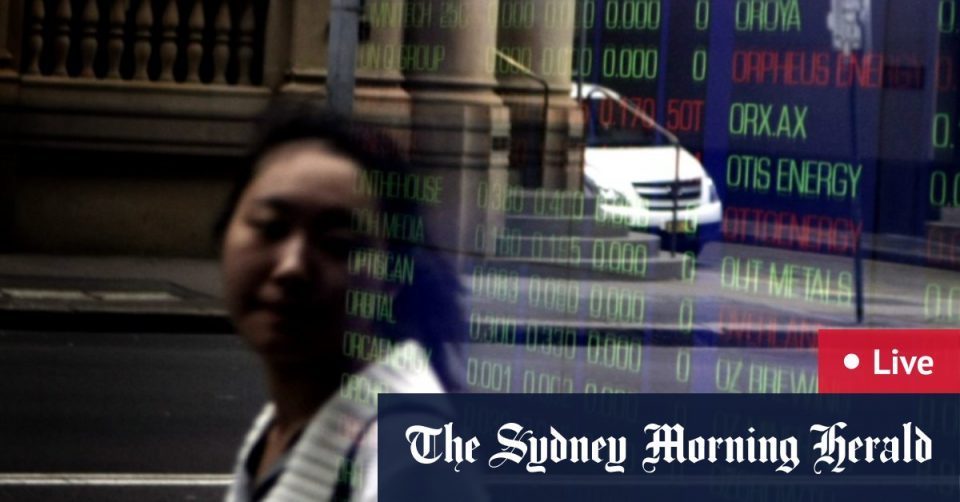“News is unlikely to get worse from here now that China has announced 169 per cent import
tariffs as “Provisional Measures” on Treasury Wine Estates wines,” Credit Suisse’s team notes.
“The main risk we see to Treasury is that the tariffs persist for longer than we model. (The best
case is the tariffs are removed in four months should the anti‐dumping investigation warrant
their removal, but under the current form can run to August 2021.) We assume heavy
tariffs remain (in some form) through 2022-23 as the issue is political, not economic, and
Treasury’s Asia business returns to pre‐Covid, pre‐tariff levels during 2023-24.”
Until that recovery, they downgraded Treasury’s earnings per share for the next three fiscal years by 29 per cent, then 49 per cent, then 39 per cent.
Meanwhile Morgans’ Belinda Moore has a target price of $9 with a ‘hold’ rating. She also warns “industry feedback suggests that another tariff may be coming” and it will take several years for the company to reposition itself.
Management plans to increase growth to other Asian countries, Australia, the US and Europe, but this may cost more in advertising. Ms Moore has cancelled dividend expectations for 2020-21 and 2021-22 as she expects the company will conserve cash.
“Following forecast changes, our valuation has fallen to A$9.00 from A$9.35. While we think TWE is a great company (luxury brand owner with global operations and route to market competitive advantages) and is run by an impressive management team, due to too much uncertainty over the operating environment, we retain a Hold rating.
“The key upside risk is if China eventually removes the tariff on Australian wine. Also given the strength of TWE’s brand portfolio (Penfolds in particular), the possibility of corporate activity can’t be dismissed.”
UBS’s Aryan Norozi also downgraded his rating from ‘buy’ to ‘neutral’, but has increased his price target from $8.80 to $9.20 due to the potential to shift earnings from China to other countries in coming years.
And Morgan Stanely’s Niraj Shah sits in the middle with a $10 price target.
“We assume at this stage TWE sales into China will essentially cease. A clear priority for management is reallocation of luxury wines that were previously sold in China.”
Mr Shah expects about 70 per cent of the luxury wine sold to China would be sold elsewhere with a discount of about 10 per cent. And he has a quicker recovery timeline, expecting 30 per cent of volumes and 50 per cent of profits can be recovered from 2022-23 onwards.
Shares in the company were last 0.5 per cent down at $8.55.


